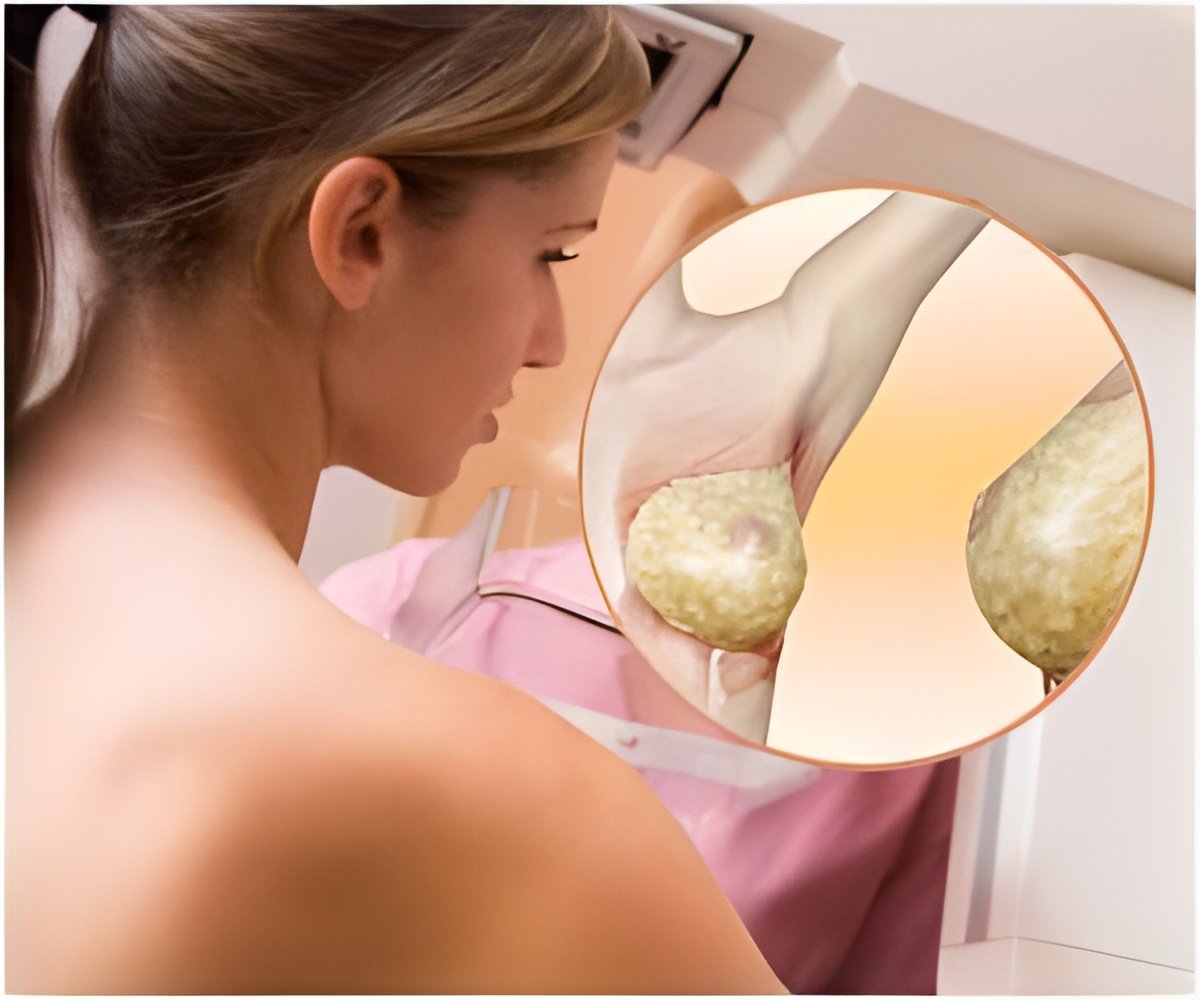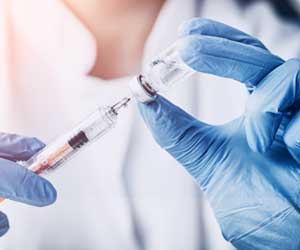Study discusses breast cancer screening practices in the United States.

‘Consider the risk and engage in shared decision-making about breast cancer screening, authors recommend.’





WHAT: The authors note, that despite the fact that the United States Preventive Services Task Force (USPSTF) changed its recommendation of breast cancer screening
in 2009 to mammograms every two years for women aged 50-74 instead of annual mammograms beginning at age 40, there has been little change in U.S. screening practices. They further point out that the USPSTF reiterated its recommendation in 2016 and that the American Cancer Society joined the task force in 2015 in advocating less routine use of mammography and a more individualized approach to screening. In the Insights article, Keating and Pace highlight potential reasons for the limited change in mammography practices, such as clinicians emphasizing the benefits of screening without discussing the possible harms. "However, the most important contributor to limited uptake of these guidelines may be the challenge clinicians have in truly engaging patients in shared decision-making to individualize screening decisions," the authors write.
The authors point out that although mammography screening has been shown to lower breast cancer death risk, the number of deaths prevented is very small.
"One of the greatest harms is over-diagnosis, which can subject some women to harmful treatment without any benefit," Pace said. "Additionally, high rates of false positives and unnecessary biopsies should be considered as likely outcomes of breast cancer screening."
The authors also raise concerns about current quality measures that assess the proportion of women who have had a mammogram in the past two years. They argue that "...given the modest benefits of mammography screening and real harms across all age groups, a more appropriate measure for accountability would be whether physicians assessed patients' risk of breast cancer and engaged patients in shared decisions about when and how often to undergo mammography screening.
Advertisement
The authors conclude that until new and better screening tests provide more benefit and fewer harms for patients, more efforts are needed to develop tools to support clinicians and patients in determining individual breast cancer risk and in making shared decisions about mammography.
Advertisement
Source-Eurekalert















